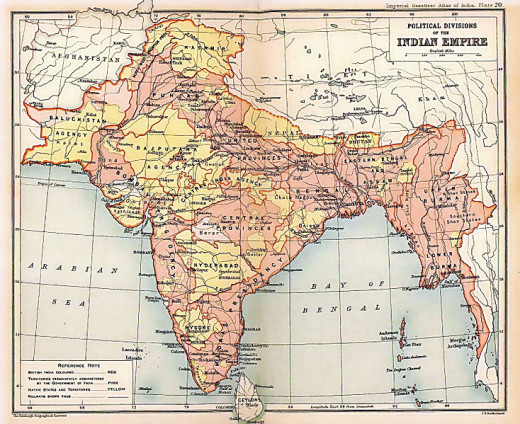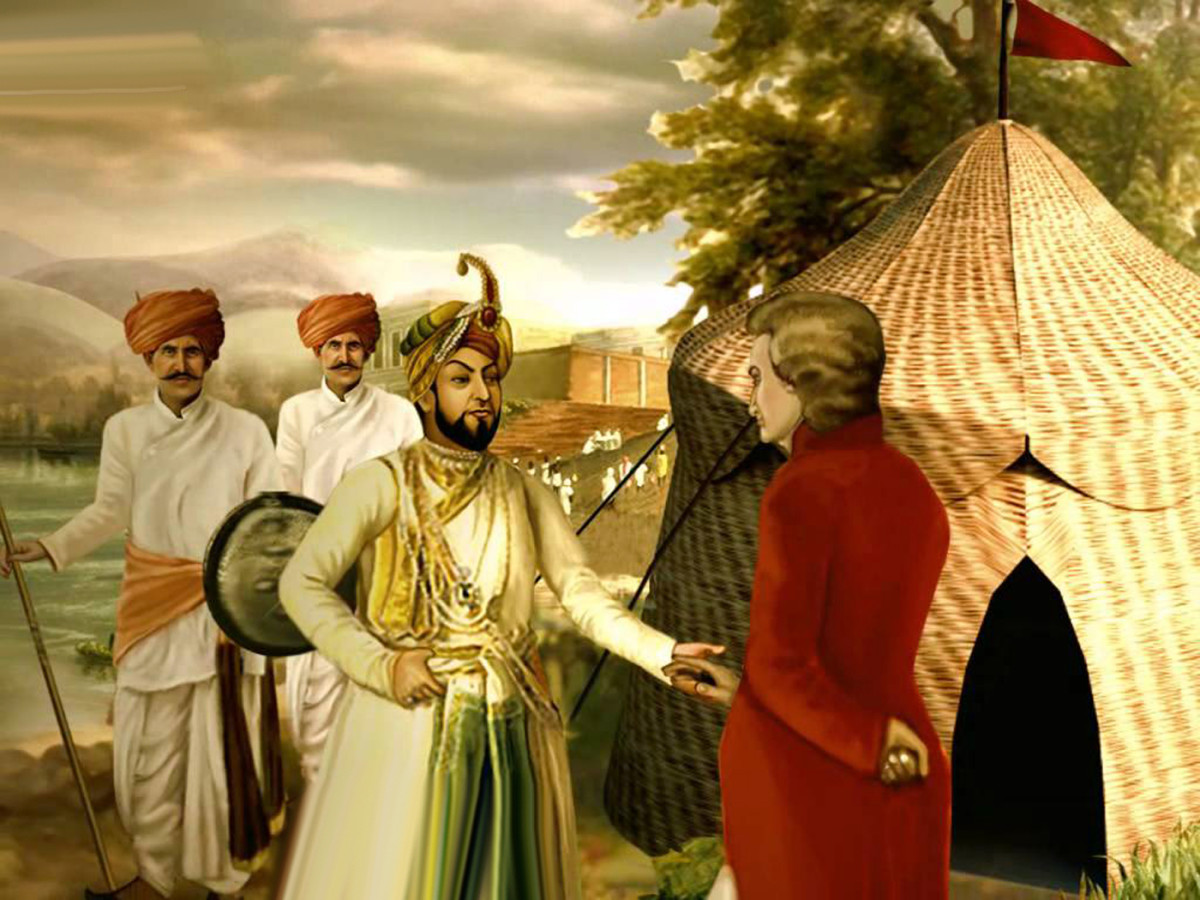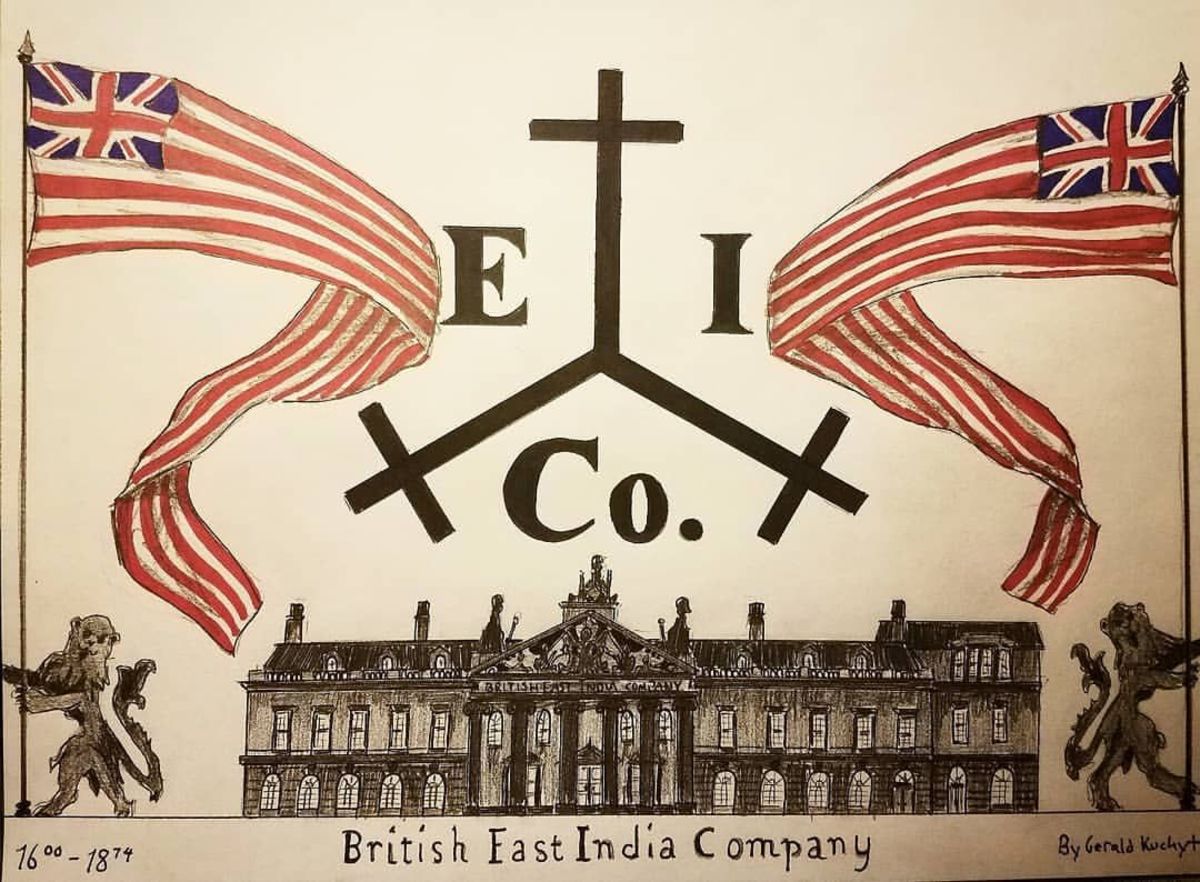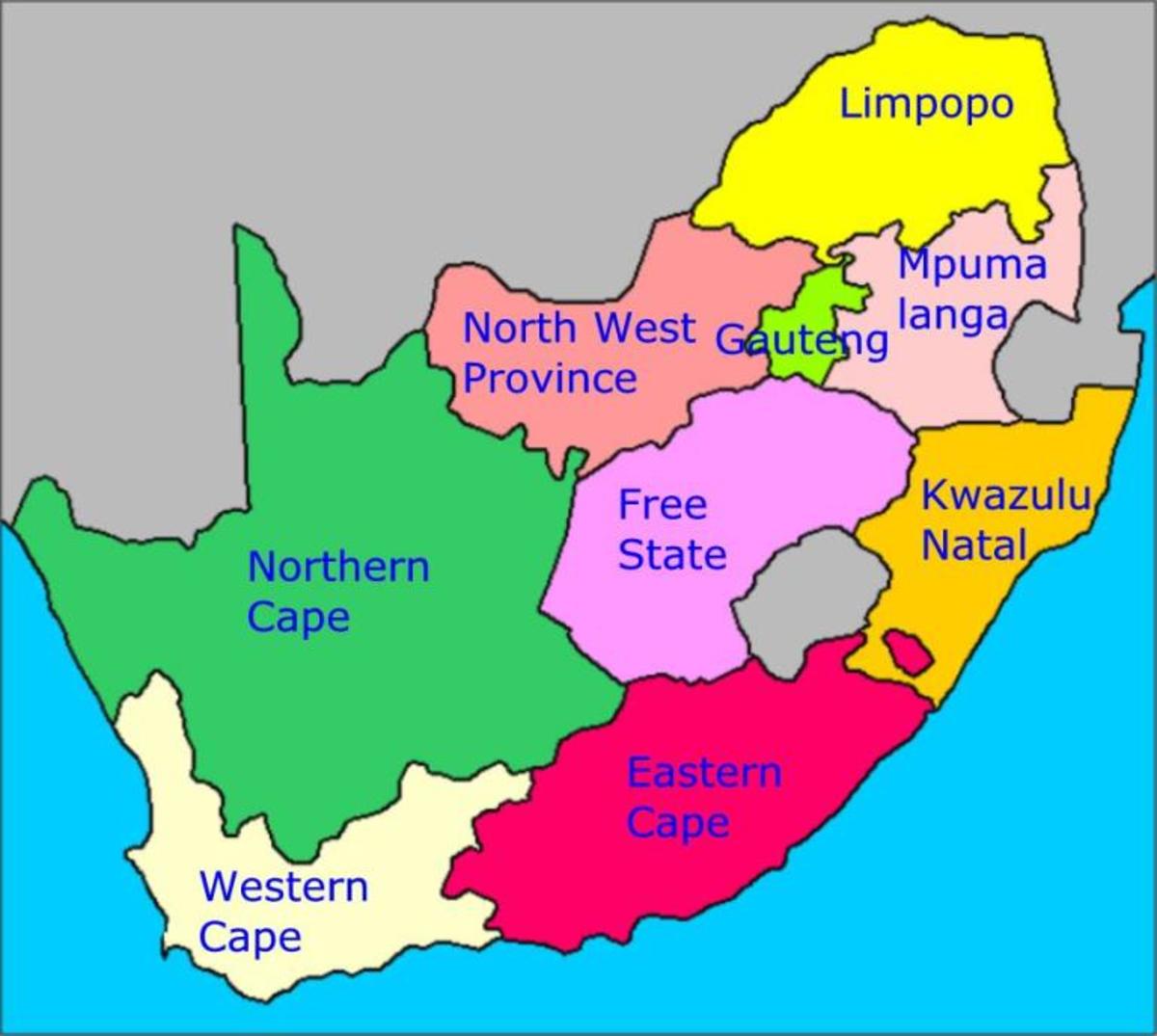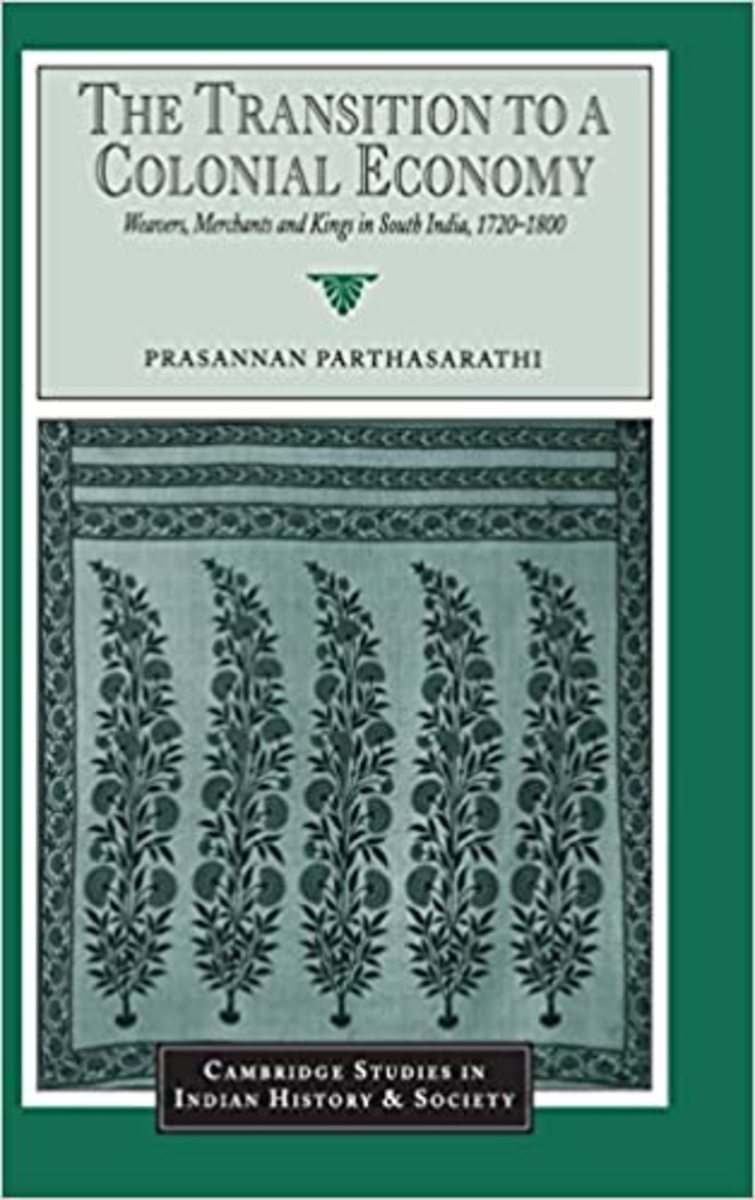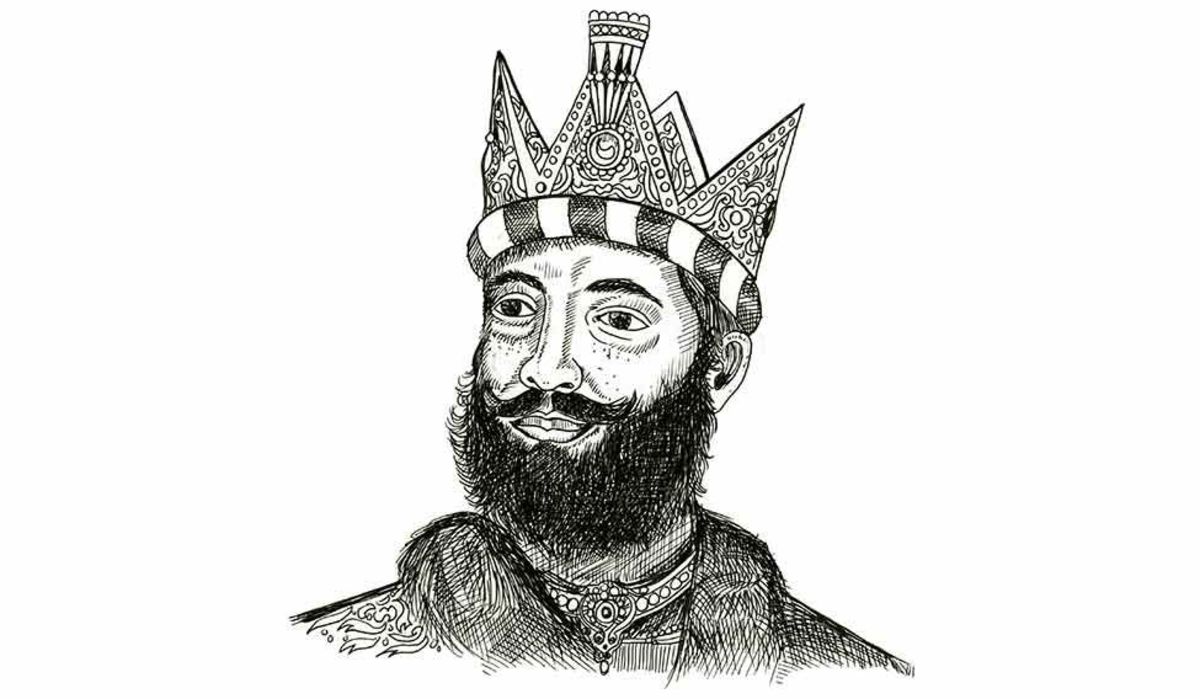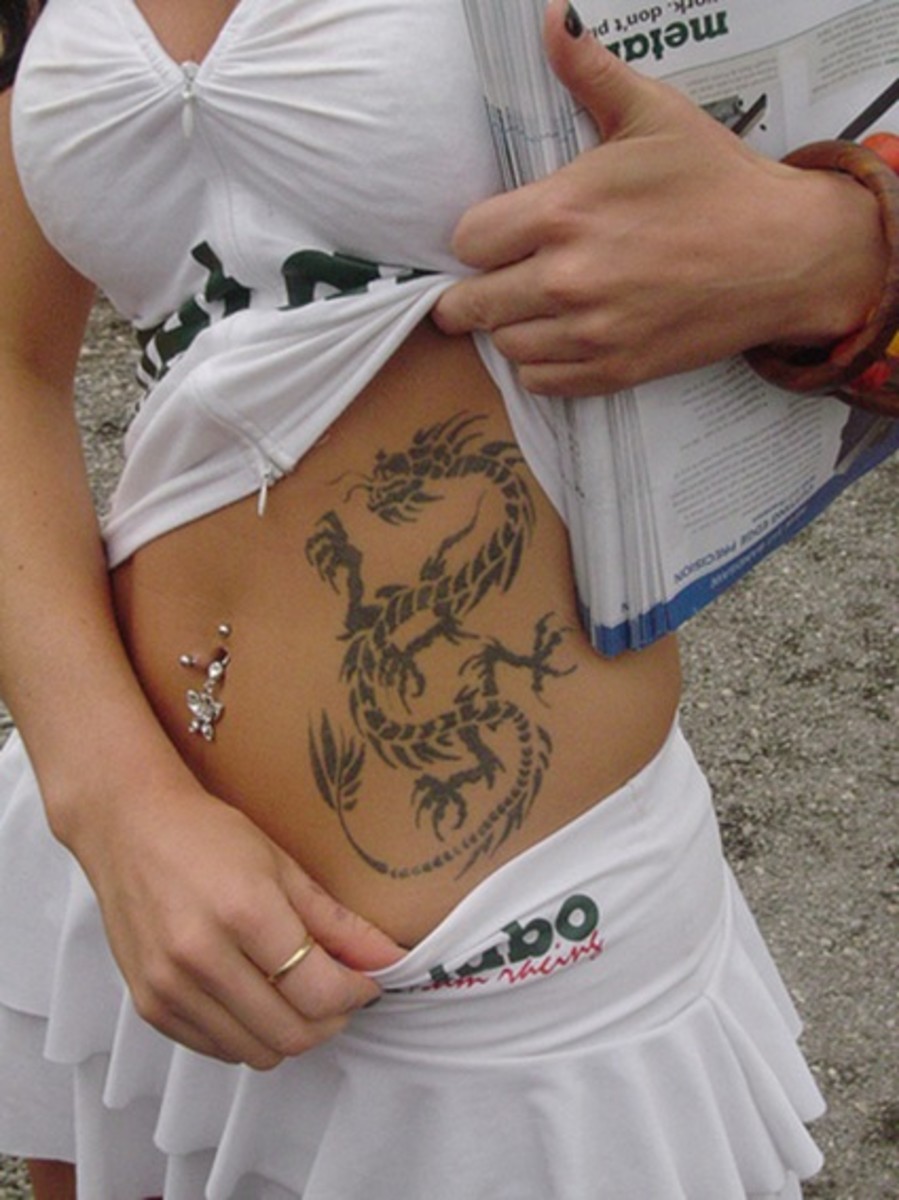THE RULED AS PERCEIVED BY THE RULERS OF BRITISH INDIA By A D Sarkar

British Rule in India
Release date : 13/06/13
THE RULED AS PERCEIVED BY THE RULERS OF BRITISH INDIA
By
Prof. A.D.SARKAR
Probably the first Englishman to visit India officially was Sighelm sent in 883 CE by King Alfred the Great [1]. Sighelm brought back pearls and, more importantly, spices. The journey was long and, some six centuries later, other western Europeans distributed goods from India to their fellow countrymen via the ports of levant.
The East India Company
The British continued to be the dominant trader culminating in the establishment of the East India Company as Queen Elizabeth the I granted it a charter in 1600.
The Company became the bona fide agent but many private Britishers carried on trading in India in spices, silk, sugar and drugs ,quite likely, not paying due taxes to the emperor in Delhi or their own sovereign in London.
The Ruler
Tacitus, a Roman official, wrote in 98 CE, "To plunder, to slaughter ,to steal- these things they misname empire". British rule really began in 1757 when Robert Clive won the battle against the Moghul viceroy, called nabab, of Bengal. The effective ruler became the East India Company and over a period of some 80 years they ruled what was British India. The British stole certainly but by all accounts plundering and slaughtering of the conquered people were kept at a minimum.
Segregation
The British and other Europeans faught the natives of the Americas with superior weaponry. This was not so with the nabab of Bengal. He had a huge army equipped with guns and cannon. Clive, an expert in chicanery, outfoxed him. He bribed the young nababs commander, a relative, not to fight and exhibited superior general ship.
As long ago as the 4th century BCE Aristotle said [2], "The Asiatics are servile by nature; hence they endure despotic rule. "To that I should add that they worship white people because of their colour and physique resulting in the Asiatics expending a lot of effort in trying to emulate western culture. It was plain sailing for the British once they vanquished the nababs army because resistance to them by the populace was non-existent.
The British moved on to annex other parts of India. Whichever part of India was occupied, they established their own exclusive neighbourhood as far away from the Indians as possible. Was it racism as practised by Hindus against the dalits- untouchables-or by Europeans in the Americas, Australia and South Africa?
Racism
Racism was defined by UNESCO in 1965 as follows:
"Anti-social beliefs and acts which are based on a fallacy that discriminatory inter-group relations are justifiable on biological grounds".
I have difficulty with the word fallacy because racism seems to be an intrinsic characteristic in most animals. Were not the British antagonistic to any culture but their own even in European societies? A biological difference was merely a quick means of identifying a group whose way of life would be different to theirs.
My father was an engineer but he read the subject at an Indian University because, first and foremost, crossing the ocean will make him lose caste.
I remember his white British counterparts coming to our house obviously for discussion on design and production of industrial machinery. The sahibs were not allowed inside our house because they were untouchables. My father got the same treatment if he went to their homes because he was Indian and particularly in dhoti and kurta! It could be called racism but there was obvious camaraderie between my father, a nigger, and those sahibs, the untouchables.
It is also well known that Maharajas and certain rich Indians gave western style dinner parties and the invited sahibs came. A few Indians used to make derisive comments about these rich compatriots as the white men and women simply freeloaded and never reciprocated.
Michael Edwardes [3] writes about one Dwarkanath Thakur, a senior relative
of the famous Indian poet Rabindra Nath Thakur, being very slavishly westernised. He gave one of his lavish dinner parties in his mansion on one occasion. This was1843 and food of course was European, the main course being roast beef not recommended for Hindus which the Thakur family was.
The sahibs enjoyed their dinner probably cooked by English chefs. However, a captain Von Orlich was disgusted at the after-dinner entertainment when dancing girls appeared and performed in a suggestive and vulgar manner. He said, "The notions of morality and decorum, even when civilised by Europeans ...... are so different from ours that they are quite insensible to that impropriety which so much shocked us". Was it racism? Or was it contempt for a culture which produced, to him, such indecent behaviour? In the 1940s, in India, I used to think without rancour that the British had a deep foreboding of the possibility of Indians attempting to fraternise with the sahibs on equal terms as a brahmin would be apalled at the prospect of a non-Brahmin cooking his meals,
Nevertheless even those days the British did not try to exterminate the natives.
In modern times, although very few outside powers take notice of it, the
Chinese occupied Tibet and a large area in the northwest by force. Their next step was to reduce the percentage of the conquered people by ethnic pollution.
Ethnic pollution is a crafty process whereby Han Chinese are coerced into settling in the occupied territories. Should we call this racism?
If racism could be defined in terms of colour, the Indians themselves are guilty.
In India, a person whose skin is lighter feels superior to one with a darker hue.
A girl with a dark skin will have difficulty in finding a man who would marry her unless her parents offer her prospective husband a large dowry. There are salons in the city of Kolkata where bleaching of skin is carried out.
The British themselves were not averse to dark skin as they first started to arrive in India in large numbers. The Indians were referred to as natives in the 18th century and coolies by the end of the 19th. Colour probably featured in the thinking of the ruler by the beginning of the 20th century when all Indians were called niggers.
The British though began to notice, like the Indians, the colour of the skin of the niggers. For example, in 1908, it was decided to appoint an Indian member to the viceroy's hitherto all white executive council. The short list was reduced to two both belonging to the same regional group called Bengalis. Their names were Mukherjee and Sinha, the former the highest caste, Brahmin, and the latter the next lower. Lord Minto, the viceroy, chose the latter. He exclaimed," I chose Sinha because he was near white whilst Mukherjee was as black as my hat!"
Statements By A Few Britishers
Soon after ousting the nabab in 1757, the East India Company self appointed themselves as the ruler of Bengal via a British Governor although a puppet Muslim Indian was allowed to stay on for a while as the nabab. Clive took control, first followed by Governor Harry Verelst. He wrote in 1767 [4], "The condition of the people on the verge of ruin; this fine country which prospered...." Verelst did not seem to have blamed the British for the plight of the Indians. On the contrary, he was convinced that the Europeans were imbued with the principles of honour, good faith, rectitude and humanity" The corollary then is that the Indians lacked such lofty qualities.
Warren Hastings, popular with the Indians, ruled as the Governor General from 1772. He saw something in the religion and culture of the Hindus. As a result one Sir William Jones was commissioned to look into it. Jones arrived in 1783 as a judge of the supreme court which replaced the Moghul judicial systems.
He was 37 years old and we were told that he became highly proficient in Sanskrit and began disseminating Hinduism in the English language. The bad luck for the Hindus was that Sir William was convinced of the indisputable pre-eminence of Christianity over Hinduism.
The word Hinduism was probably coined by Jones although it was not until the 1830's when it became a fully fledged religion as the British understood it.
Inevitably Hinduism tied in with the book of Genesis, The Hindu diaspora and all the English speaking westernised Hindus in India talk about Hinduism today in the Christianised form as reinterpreted by Sir William Jones from a vast body of literature which began to be written more than 2,000 years ago. He defended
Hinduism vigorously as he saw it. With his departure from India in 1794, attack on Hinduism by the European evangelicals started and continued.
To William Wilberforce (1759-1833) Hinduism was one grand abomination. The missionaries and evangelicals believed that, since English was the language of God, the natives of India `now engaged in the degrading and polluting worship of idols' must be taught the language of the master class; then they will automatically convert to Christianity. Such grandiose ideas about themselves continued for a long time.
Cecil Ruodes (1853-1902), although not necessarily connected with India said,
'We happen to be the best people in the world with the highest ideals of decency, and justice and liberty and peace, and the more of the world we inhabit the better for humanity`.
Rudyard Kipling (1865-1936) who had unadulterated contempt for the inhabitants of India said sorrowfully, "The Indians are the lower breeds who are unlucky not to be born English".
The British of all classes in Britain were fed up with stories from India about the natives' insolence. There was a chaotic but serious uprising of the Indian troops against British rule in 1857. The mutiny as the British called it was quelled and atrocities were committed on both sides. A cartoon in a publication in Britain shows a dustman saying:
This 'ere Hingia bisinis - its just wot yer might expeck from sich a parcel o' dirty black ignorant scoundrels as them!
James Mill in his History of India (1820) wrote '....Indians are tainted with the vices of insincerity, dissembling; they are treacherous, mendacious...'
A Rev M. A. Sherring is credited with saying that Brahmins, light of complexion.... lips thin, are a wonderful specimen that God made but they are sadly not numerous.
Napier of Sind, a military man, recommended while empire building:
Good thrashing first and great kindness afterwards.
Macaulay who forced English education on the natives of Bengal wrote in 1835,
'A single shelf of a good European library is worth the whole native literature of India and Arabia'.
Even Sir Winston Churchill a popular leader of a great country which led the world in Science and Technology, literature and democracy thought Indians to be primitive. Of Mahatma Gandhi he wrote in 1919 '....a half naked fakir who ought to be laid, bound hand and foot, at the gates of Delhi and then trampled on by an enormous elephant with the new viceroy on its back'.
As boys in India, we were told that he loved the founding father of Pakistan because he dressed like an Englishman and tried to adopt the European way of life. Churchill favoured the break up of the then India and thought the Mahatmto be half naked because of the way he wore his dhoti but the Europeans in shorts were fully clothed!
Churchill's contempt for the Mahatma was heart felt as he said again [5],"The nauseating and humiliating spectacle of this seditious fakir striding half-naked up the steps of the Viceroy's palace on equal terms with the representative of the King Emperor Even Edwina Mountbatten, a great friend of India, talked about the backwardness of the country.
The evangelicals wanted to bring salvation to the Hindus and enlighten the benighted barbarians by disengaging them from the degrading and polluting worship of idols. Reginald Hever (1783-1826), Bishop of Calcutta (kolkata) from 1823 composed the following hymn:
In vain with lavish kindness,
The gifts of God are strown,
The heathen in his blindness,
Bows down to wood and stone.
Concluding Remarks
Kipling said that the British were in India to rule, not to reform the Indians. The rulers ruled no doubt as a dictator lords over a broken and obsequious people.
The problem was that the rulers wanted to reform and force the British way of life on the populace such as learning English or be subject to the British justice system. I think it is time the sahibs realised that their way of life may cause tremendous upheaval in societies which have established their own culture from centuries of practice. It is very strange that Winston Churchill would direct abuse at Mahatma Gandhi with venom and vengefulness simply because he wanted freedom for his people and refused to dress up in suits complete with ties. Did Sir Winston not fight the Germans to preserve Britain's independence?
Would he not have considered it an affront if he was asked to dress in an Indian kurta pyjama?
References
(1) Judd Denis, 'The Lion and the Tiger', OxfordUniversity Press, 2004.
(2) Smith, David, 'Hinduism and Modernity', Blackwell Publishing Ltd., 2003.
(3) Edwardes, Michael, 'The sahibs and the Lotus', Constable, 1988.
(4) Markovits, Claude, 'India', Anthem Press, 2002.
(5) Bernard, Lewis, 'What went wrong?', Phoenix, 2002.
Rulers of British India
Are White British classed as racist according to the United Nations definition?

